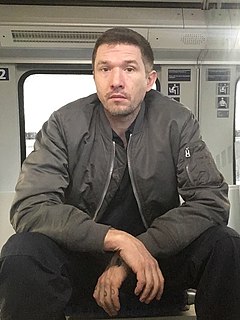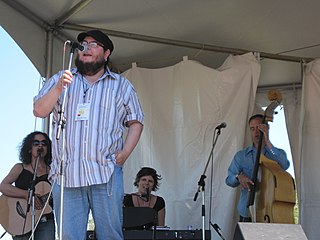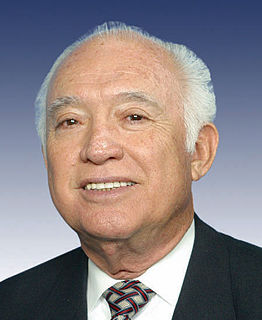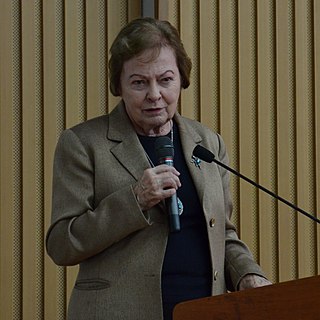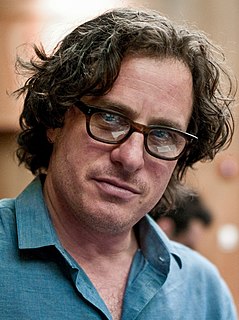A Quote by George Lucas
From kindergarten to college, certain teachers engaged my curiosity and motivated me to learn. While I was not the best student, their efforts left a lasting impact.
Related Quotes
In the field of education, educators know that they leave a lasting impact on their students for better or for worse. Trust is established or diminished in the classroom and very good educators understand that they are fallible. Despite their best efforts, they will not always do the best for each student.
I think [testing] has had a profoundly problematic impact on student learning. It must seem to students that their worth as individuals is equivalent to their test score. The stress the high stakes culture has on teachers is also highly negative and must surely impact students in a negative way. It also de-professionalizes teachers because it encourages them to be script readers, followers of rigid schedules, and to disregard the needs of the people they teach in favor of the scripts and schedules.



